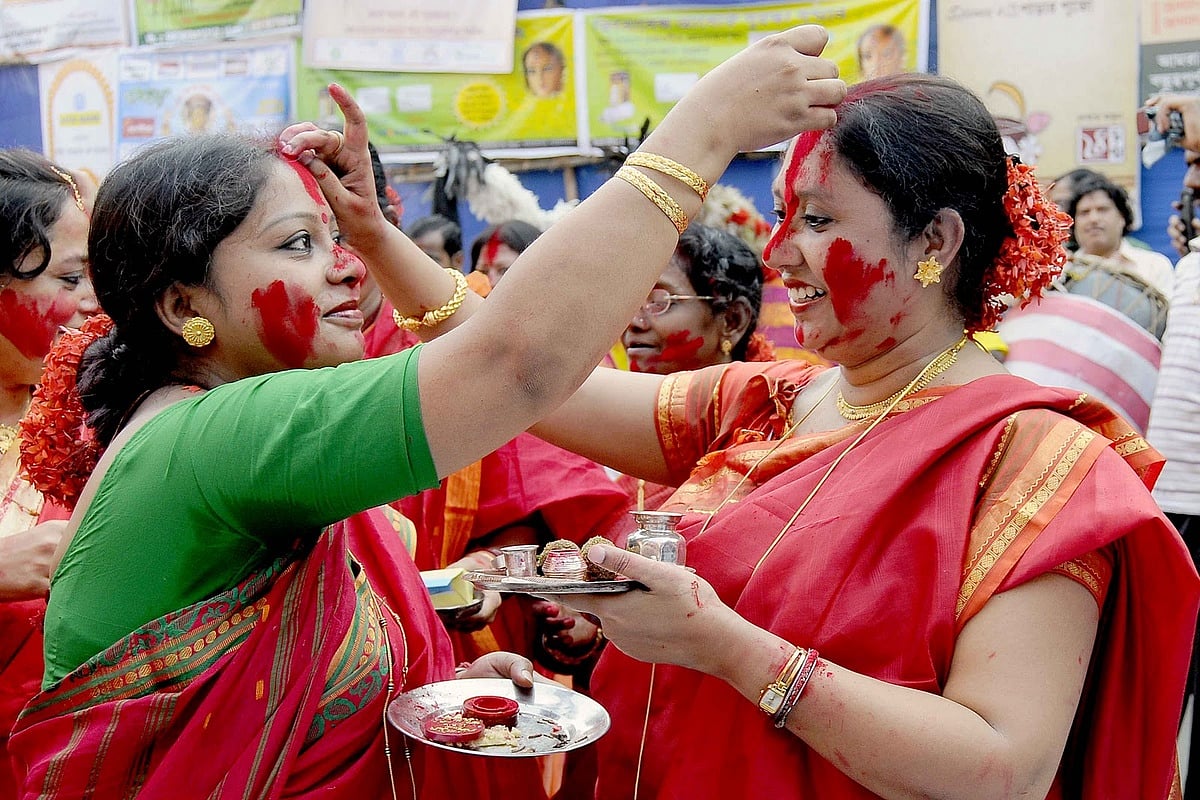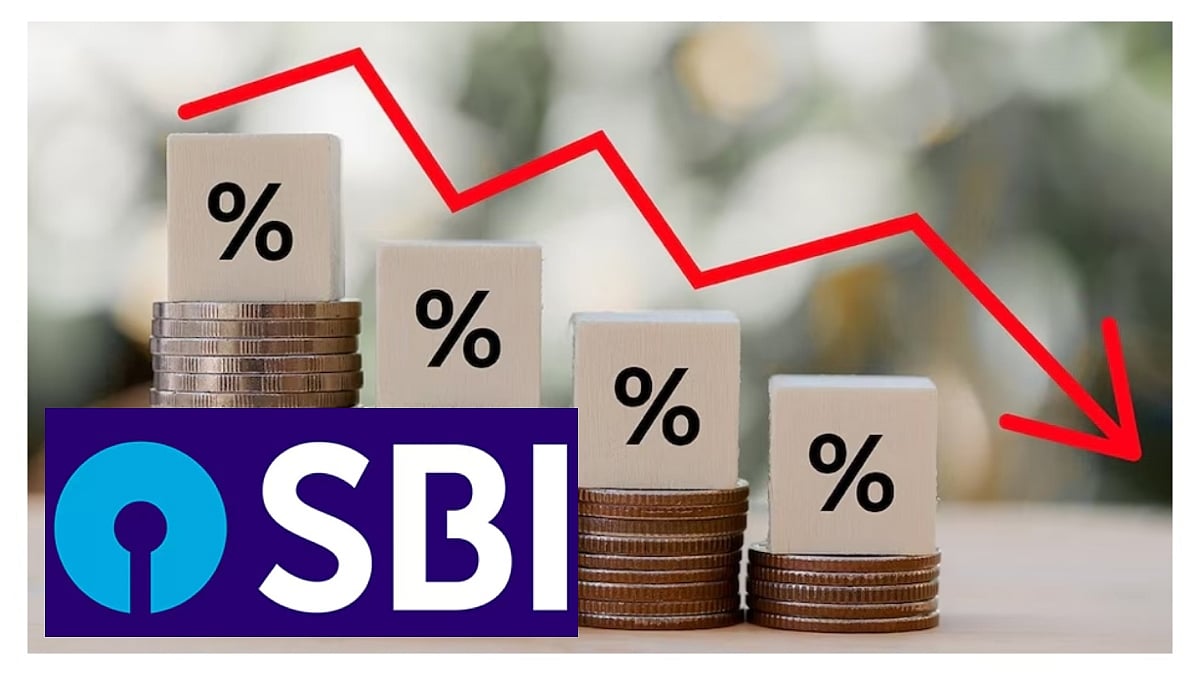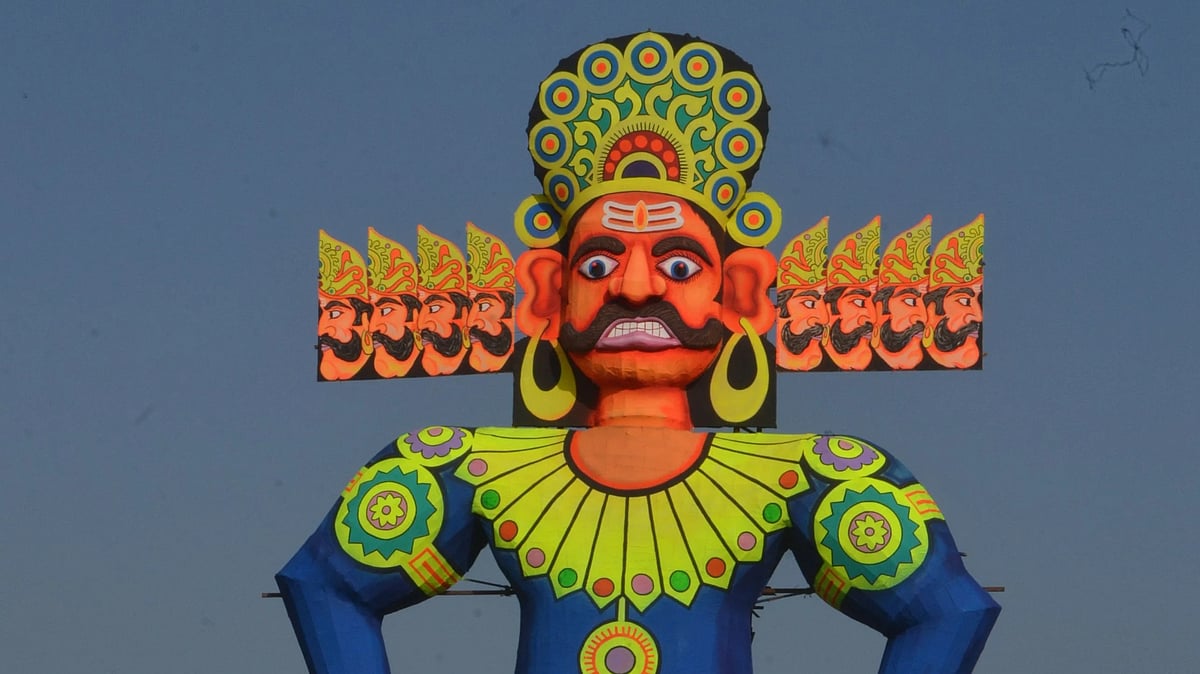Congress leader Rahul Gandhi’s conviction by a Surat court for criminal defamation, for a remark during the 2019 Parliament election, brings into focus sections 499 and 500 of the Indian Penal Code, drafted during colonial times. Undeniably Gandhi lacks the verbal facility to articulate criticism of BJP and its leadership in a manner that skirts these sections. However, the lack of proportionality between his remarks and the maximum punishment of two years pronounced by the court is obvious.
The current outcome was triggered by the High Court lifting the stay on criminal proceedings in February. The timing may be coincidental but it seems to immediately relate to the stand-off in Parliament over the Opposition demanding a Joint Parliamentary Committee to investigate the Adani affair while Rahul Gandhi seeks to defend himself in Parliament. A two-year sentence, suspended to allow appeal, debars Rahul Gandhi from contesting a Parliament seat for six years, unless the conviction is suspended. Months before the next Parliament election it could eliminate a key player.
In October 2022 Azam Khan, a Samajwadi Party stalwart, similarly lost his legislature seat after conviction in a 15-year old case of hate speech. The selective misuse of the criminal defamation law by the union and state governments is beginning to acquire an art form. It will send a chill through the world of politics and journalism, seriously impairing the freedom of expression. In the past, Indira Gandhi, having lost power in 1977, was expelled from Parliament in 1978 after being jailed for nine days for breach of privilege and contempt of Parliament. However, employing the criminal defamation clauses is a novel method to curb political debate. Statements made within Parliament by the members enjoy immunity from criminal prosecution. But there too the presiding officers of late have shown a proclivity to expunge remarks by the Opposition targeting governments.
The trend globally has mostly been towards decriminalisation of defamation. Some nations have moved in the reverse direction. In Africa, 39 of 47 nations retain criminal defamation on their statutes. In the Asia and Pacific it is 36 of 44; in Central and Eastern Europe 15 of 25; in Latin America 29 of 33; and in Western Europe and the US it is 20 of 25, with five nations abolishing criminal defamation. In certain countries like Turkey and Russia the misuse of the law is blatant. Vienna-based International Press Institute noted in 2015 that in preceding five years nearly half of European states had convicted journalists on criminal defamation.
Some analysts maintain that this misuse may be in breach of freedom of speech enshrined in Article 19 of the 1948 Universal Declaration of Human Rights, which is the norm-setter for all nations. UNESCO has also been calling for decriminalisation of defamation. However important European democracies like France, Germany and Spain retain it. Russia under President Dmitry Medvedev repealed it in 2012, which his successor President Vladimir Putin restored the following year. Amongst the repealers are Ireland and the United Kingdom, the last being its introducer in colonised India.
What then is the solution to this mixed picture. The 2004 case Cumpana and Mazare v Romania at the European Court of Human Rights presents a solution. The ruling, inter Alia, states that incarceration was appropriate “only in exceptional circumstances, notably where other fundamental rights have been seriously impaired”. It notes that incitement to violence would be one such instance. Indian Supreme Court has similarly constrained the use of sedition charge only if violence was instigated.
There is general consensus that the principle of proportionality must be observed when imparting punishment. But case law in the west indicates that when judging the intention to commit the crime or mens rea, critical to any criminal trial, courts have mostly used a lower threshold. Also the criminal prosecution route provides a cheaper method for a victim of defamation, eliminating the need to pay lawyers, as the state conducts the prosecution.
In the US there is no criminal defamation at the federal level. In 23 states laws exist though the First Amendment to the Constitution provides broad protection to freedom of speech. Between 1965 and 2094, 16 cases ended in final conviction. But they resulted mostly in fines or probation or community service. Jail sentences were at an average of 173 days. By comparison the 2-year sentence pronounced on Rahul Gandhi is harsh. US politicians can employ vicious rhetoric during campaigning. For instance President Donald Trump’s continuous incitement of crowds with the promise to jail his opponent Hillary Clinton.
Undoubtably clubbing Prime Minister Narendra Modi’s surname with those of two persons under red corner notices was wrong. But in the rough and tumble of an election campaign BJP too is known to rant irresponsibly about the Gandhi family. Courts should treat it as political jousting. Otherwise they will be seen as partisan, especially when imparting maximum sentences that can politically debar Opposition figures.
KC Singh is former secretary, Ministry of External Affairs










